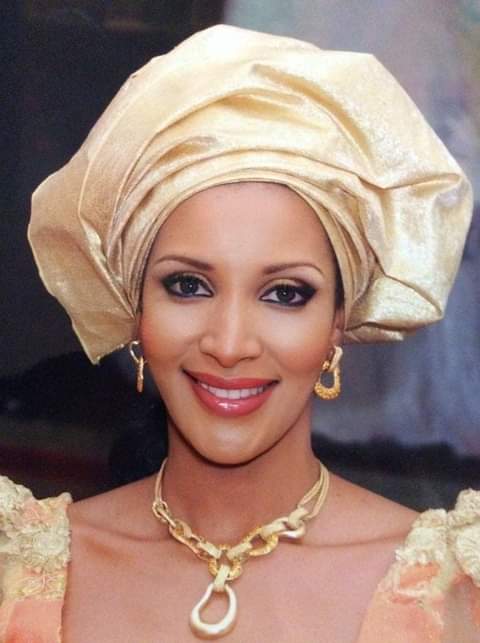In an era when borders are blurring and digital trade is redrawing the map of opportunity, Ambassador Bianca Odumegwu-Ojukwu, Nigeria’s Minister of State for Foreign Affairs, is calling for a new kind of revolution — one powered not by politics, but by small businesses.
At the ECOWAS Trade Liberalization Scheme (ETLS) Sensitization Workshop held at the International Conference Centre in Enugu, Ojukwu challenged Nigerian entrepreneurs to “see beyond local markets” and claim their place in West Africa’s growing economic frontier.
“Regional integration is not a theory,” she said passionately. “It is about people, jobs, and prosperity. It’s about transforming promises into tangible benefits for every Nigerian entrepreneur.”
The New Face of Trade Diplomacy
Gone are the days when trade diplomacy was left to large corporations and state bureaucracies. For Ojukwu, the future belongs to Small and Medium Enterprises (SMEs) — the innovators, the job creators, the bridge builders between nations.
She described the ECOWAS Trade Liberalization Scheme (ETLS) as a strategic pillar for West Africa’s integration — a living framework designed to open borders, harmonize regulations, and fuel regional commerce.
“ETLS is not just a trade document,” Ojukwu explained. “It is a gateway — the oldest and most enduring symbol of ECOWAS’ vision for a borderless, competitive, and self-reliant West Africa.”
Enugu: The New Pulse of Enterprise
Choosing Enugu as the venue was no coincidence. Once known primarily for its coal heritage, the city has reinvented itself as a rising hub for innovation and entrepreneurship in Nigeria’s South-East.
Ojukwu praised Governor Peter Ndubuisi Mbah for what she called his “forward-looking commitment to inclusive growth,” noting that Enugu reflects the spirit of transformation that the ETLS seeks to spread across the region.
“This State is proving that with the right policies and partnerships, local enterprise can drive national and regional prosperity,” she said.
Bridging the Gaps — One Border at a Time
At its core, ETLS simplifies trade among the 15 ECOWAS member states, enabling certified products to move freely without customs duties. But beyond the technicalities, Ojukwu emphasized, lies something greater: economic self-determination.
With over 400 million people in the ECOWAS region, she noted, the potential for shared prosperity is immense — if entrepreneurs can seize it.
“Nigeria’s leadership in the region means little if our manufacturers and traders cannot compete confidently across borders,” Ojukwu asserted. “Empowerment must begin from the grassroots.”
A Call to Action for Nigerian Entrepreneurs
The workshop gathered policymakers, trade experts, and industry leaders to explore how Nigeria can strengthen its role within the ETLS framework and align it with the broader goals of the African Continental Free Trade Area (AfCFTA).
Ojukwu urged participants to move beyond theory and use the platform to forge partnerships that will redefine cross-border collaboration.
“Every Nigerian SME has a place in this new regional story,” she said. “Whether you’re producing textiles, technology, or agro-products, West Africa should be your next market — not your limit.”
Toward a Shared African Future
As discussions concluded, one message rang clear: Africa’s economic transformation will not be imported; it will be built by Africans for Africans.
And in that movement, voices like Bianca Ojukwu’s — blending diplomacy with enterprise — are lighting the path forward.
“Integration,” she said with conviction, “is the soul of our future. When we trade together, we rise together.”

